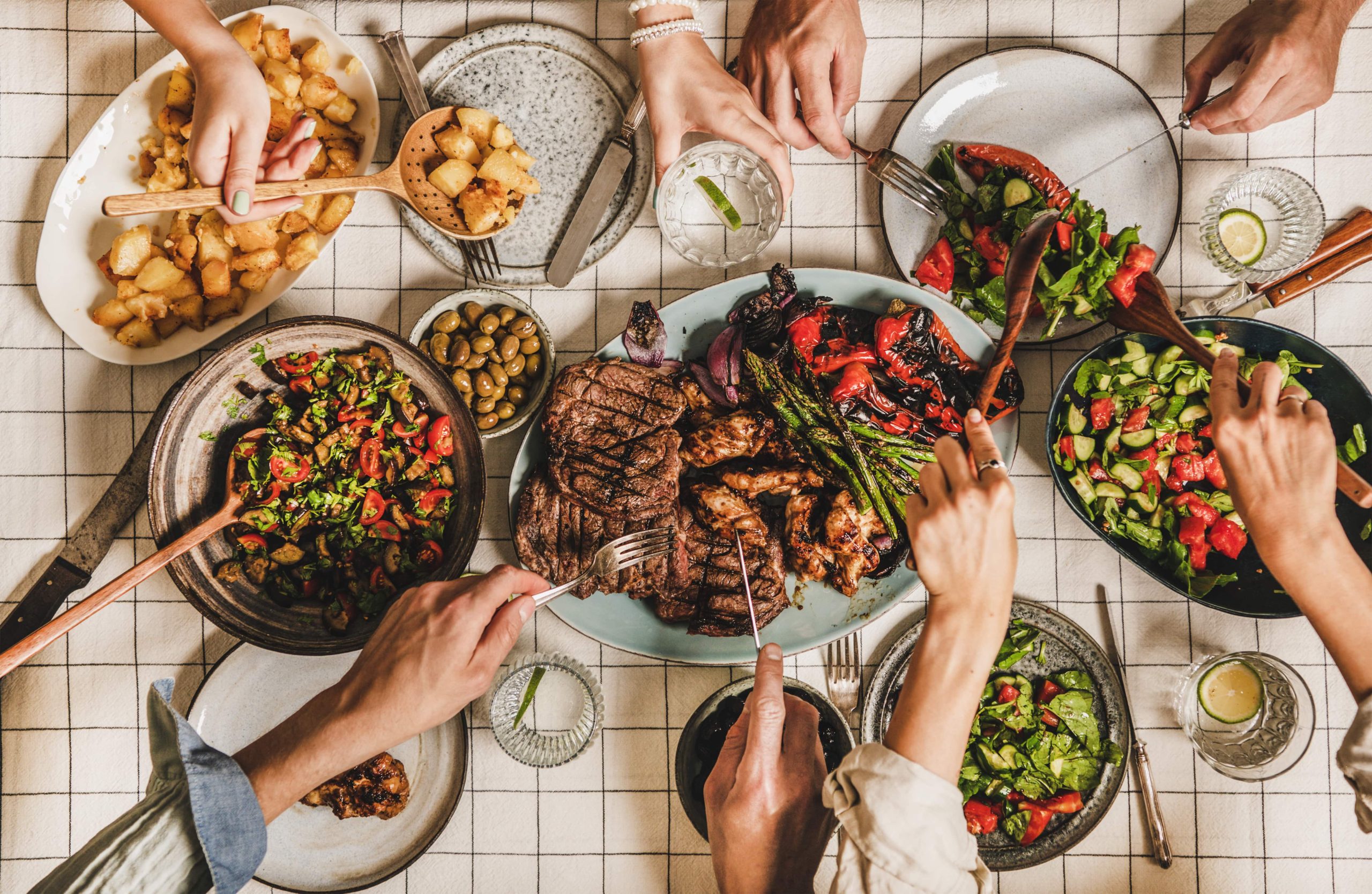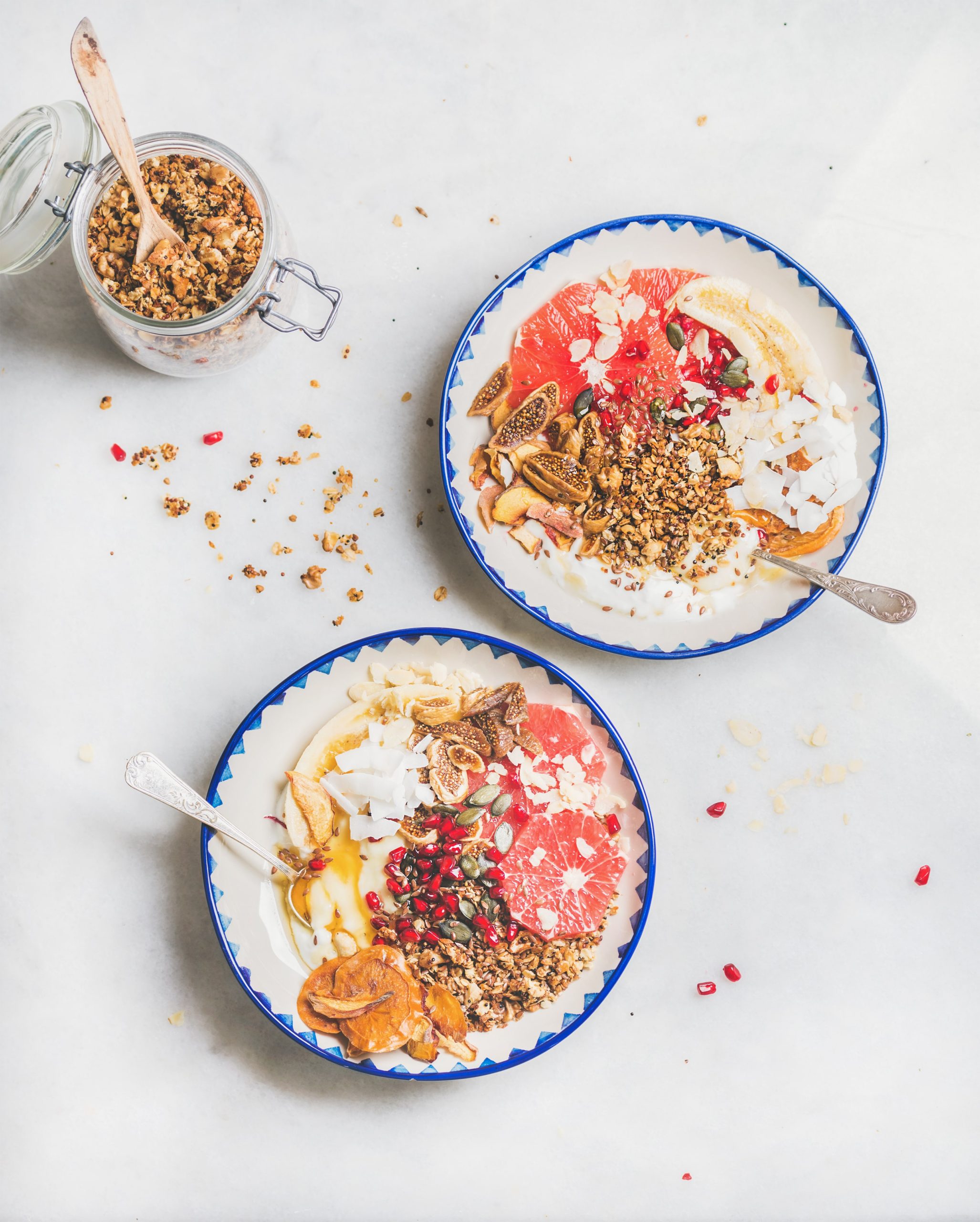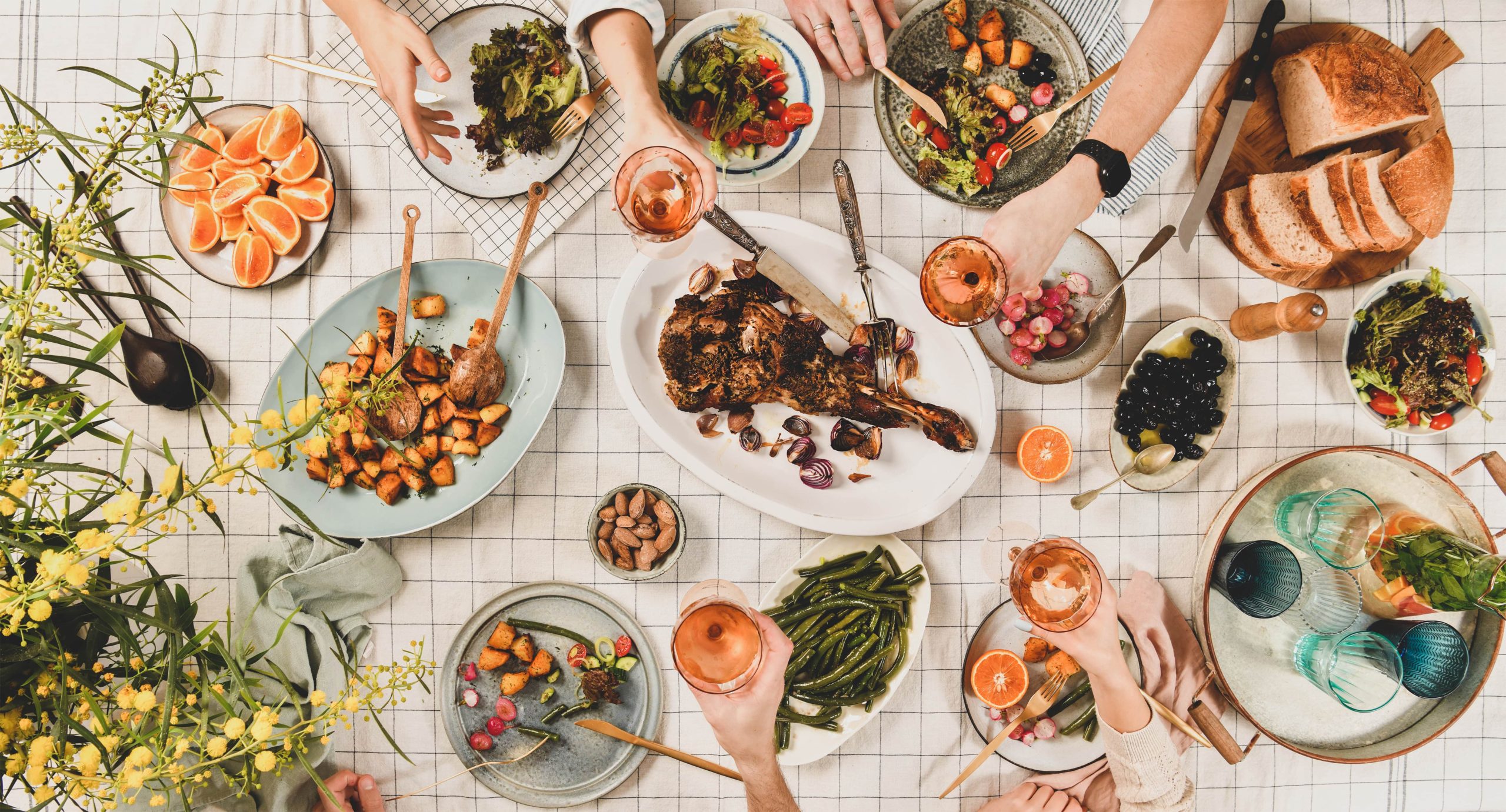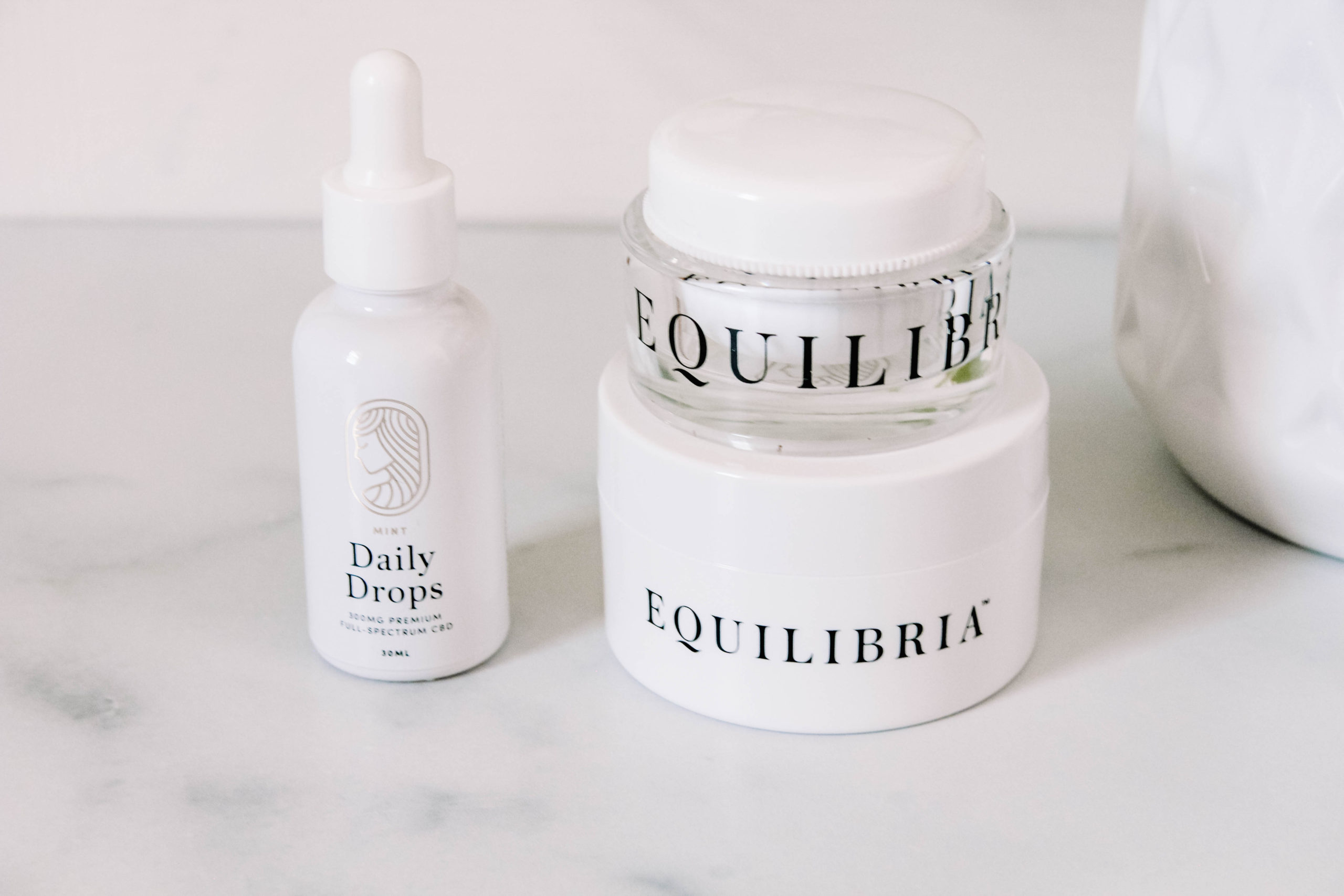Last updated on November 6th, 2021 at 04:52 pm
We have been eating a whole real food diet for about nine years now, but it wasn’t until my health came completely crashing down that I made super radical changes.
My diet became super strict (for a season), and I am so thankful for that because it allowed me to thrive and give me the discipline that has been the biggest blessings to me in continuing to live a healthy lifestyle day in and day out.
You see before this radical change we ate whole real food and all the things about 80% of the time and had a 20% leniency to participate in the average American diet. In the end that 20% ended up being just enough to keep my body (as well as my kids) in constant inflammation – causing more symptoms to constantly flare-ups.
I am a huge advocate for turning to a healthy lifestyle, but healthy living isn’t about choosing to eat healthy for just a week or month, but more about making positive healthy habits that will carry you through this life.
I often say that listening to your body and your innate wisdom is the very best diet – but it of course goes much deeper than that – I like to call this intuitive eating.

So, what is intuitive eating?
Intuitive eating simply takes into account your body’s very unique needs and pays close attention to your daily nutrient needs depending on how well you slept, how active you are, and so on. It also is about recognizing that how and what you eat may change over time, but constantly adapting your nutrients to fit your need and lifestyle. It is about listening to your body and constantly adjusting instead of measuring, counting, and restricting.
People generally ask me how I practice intuitive eating and how I know exactly what my body needs as well as how that need can change day to day. Intuitive eating is a process, and it certainly doesn’t happen overnight, it is a practice that needs to be “practiced” daily. It has been truly amazing to see what happens when you are in tune with your body, how you can sense what it needs and how you are able to continually refine your way of eating (and living) to truly nurture and nourish yourself according to your own unique needs.
My diet looks much different than it did a few years ago, but so do my life and energy levels. Most of my dietary changes have come from experimentation, personalization, as well as listening to my own body cues.
Today (and probably forever) I will still be refining my food choices, listening to my body, but most importantly I will be enjoying real, unprocessed, nutrient-dense food – and that includes all the treats.
How to practice intuitive eating?
Slow down
It is a known fact that if you are constantly stressed, your cortisol increases (and digestion decreases.) This level of increased cortisol can create an imbalance in blood sugar and an increase in insulin. This increase in insulin in turn will create cravings for refined carbohydrates, artificial sweeteners and sugars, and other junk foods, as well as fluctuations in weight. When you are under a lot of stress, the body naturally craves refined carbohydrates because it is quick-burning fuel – but it gives a false sense of energy which only leads to more out-of-control cravings and fatigue.
The amazing truth is that the body is absolutely phenomenal at signaling what it needs, so it is simply up to us to do our job and slow down so that we can pay adequate attention to all these powerful signals. When we are stressed out, we tend to confuse cravings, hungry, or digestive issues with what we are eating, but in reality, they might actually just be a stress response.
Experiment and make adjustments as needed
We are all bio-individual, meaning we all have unique needs that may be different from each other. When we jump on all the latest fad diet bandwagons, it does not take into account your own unique needs.
When you are open to objective experiments on yourself, you can quickly and easily figure out what works for you and what doesn’t.
The best way to experiment is to either add or remove certain foods for about a week or so and to then pay special close attention to how you are feeling. From there on you can continue to fine-tune, until you feel your absolute best.

Acknowledge and recognize that your needs will and do change with time
This is especially true for women, in childbearing years, our hormones tend to change every single day. This takes a toll on the body’s energy, (and this is the reason why according to science women need more sleep than men.) This means that a woman’s nutrient needs will shift and differ with their cycle throughout the month – your cycle is your friend, it gives you so much valuable information about your health in general.
There are so many factors that play a role in the nutrients the body needs, for example, hormonal shifts, type and amount of exercise, pregnancy, breastfeeding, sleep, stress, and emotions. So if you are expecting you might need to increase the quality of healthy fats, or if you are consistently working out, you may need to increase your amount of nourishing carbohydrates. This is why slowing down and being in tune with your body is the key to recognizing your nutrient shifts.
Stop snacking in the form of graze-eating
If you are constantly snacking (in the form of graze-eating) you are not giving your digestive system or blood sugar a chance to relax – this leads to a bunch of unnecessary stress on the body. Just like I mentioned above there are different life stages such as pregnancy, breastfeeding, or athletic performance that require snacking. Did you know that the average person should be able to go at least 3-4 hours without eating?
If you are not mindful of your digestion – sitting down while eating, taking your time chewing your food, eating in a relaxed state, and allowing your body to rest in between meals, it will be very difficult to pinpoint what food make you feel amazing, and what food might not be a good choice for you. It will also be difficult to see if you are getting the right ratio of macronutrients – fats, proteins, and carbohydrates.
Generally, if I am still hungry after a meal, I know that I probably didn’t get in enough healthy fats. However, I have also noticed that sometimes I have a good portion of quality fats and protein but still feel hungry, and then the missing piece is increasing my nourishing carbohydrates. This is where experimentation and personalization come into play.
Always enjoy food and eating
Food is such an emotional thing for so many people, and I truly believe that even if your food is the most nutritious food on the planet, if you eat it in a stressful or negative environment it has the power to destroy you.
If you are always stressed out about your next meal, and about everything being “perfect” you are missing the whole point – food is meant to nourish our bodies, minds, and souls.
Connection, laughter, community, and sharing a meal together are so much more important for your health and wellness than stressing over every single detail about the food that you are eating.
It is finding your path to be flexible, but also to be mindful of the things that don’t serve your body.
This way of eating has been such a game-changer for me personally. I don’t have to worry about a whole bunch of rules, numbers, calculations, or equations.
Food is a joyful experience, and I truly wish that for everyone.
Disclaimer: This article is not intended to provide medical advice, diagnosis, or treatment.




+ view comments